In the West African country of Benin, a Baha’i chief of the Fula people is focusing on the unity of the diverse populations of his land.
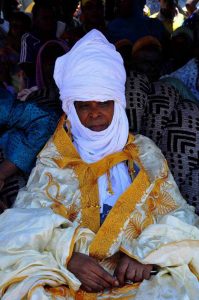
High Chief Djaouga Abdoulaye
The Fula—regarded as the largest nomadic pastoral community in the world—are widely dispersed across North Africa. In more recent times many have settled and now work as farmers, merchants, and artisans, among other occupations. A predominantly Muslim community, it was the Fula people who spread Islam across West Africa, and traditionally, Fula chiefs have been Muslim.
But today, for the first time, this position of moral and customary authority for the approximately 100,000 Fulani living in the area is held by a Baha’i. High Chief Djaouga Abdoulaye, a 76-year-old retired school teacher, was enthroned in July of last year. He became a Baha’i in the 1980s when the Faith initially came to Benin:
… the Promised One of all the world’s peoples hath now been made manifest. For each and every people, and every religion, await a Promised One, and Baha’u’llah is that One Who is awaited by all; and therefore the Cause of Baha’u’llah will bring about the oneness of mankind, and the tabernacle of unity will be upraised on the heights of the world, and the banners of the universality of all humankind will be unfurled on the peaks of the earth. – Abdu’l-Baha, Selections from the Writings of Abdu’l-Baha, p. 101.
This change in leadership signaled a new precedent, which was at first met with reservations by certain members of society. However, High Chief Djaouga’s example, and in particular his commitment to unity and oneness, have contributed to harmonious ties between local clergy and tribal leaders in the region.
His enthronement ceremony was a vibrant and joyful gathering that attracted 5,000 people and reflected the principle of unity in diversity. The event was also broadcast on national radio and television.
“The size of this ceremony was without precedent,” said Saadou Saidou, who attended the event. “The fact that Junwuro [High Chief Djaouga] is an intellectual and, above all, that he has the qualities he has, means that we, his subjects, know that great things will be done during his reign.”
Speaking about the influence of the Baha’i teachings in his life, High Chief Djaouga said that the principles of the oneness of humanity and the equality of men and women, guided by a high moral standard, have inspired his understanding of leadership.
“Since I became a Baha’i, I have begun to understand the standard of excellence put forth in the Baha’i writings,” he said.
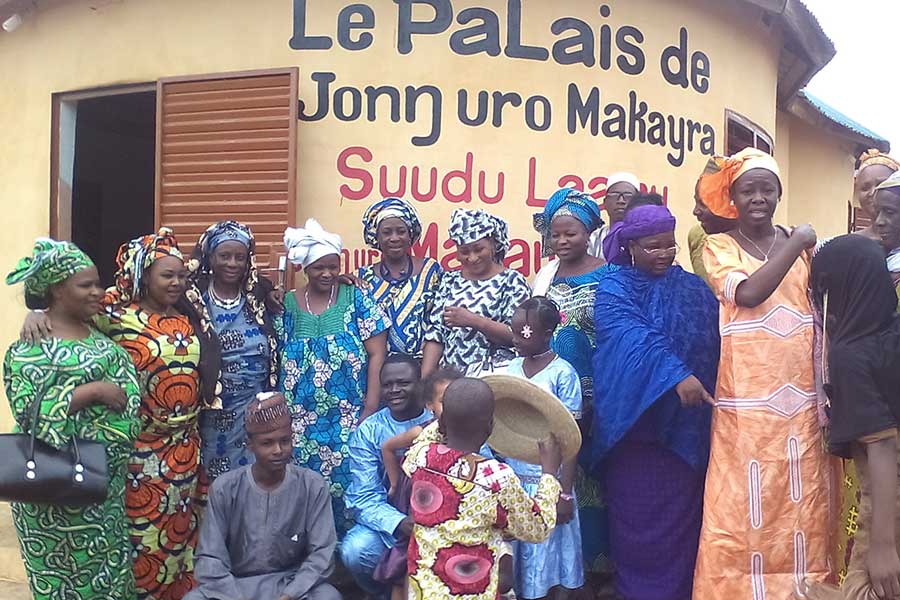
Members of the community outside the palace of High Chief Djaouga Abdoulaye, also referred to as Junwuro Makayra
His commitment to justice and hope for strengthening unity comes through in his decisions. The High Chief’s court has emerged as a place his subjects can turn to for the resolution of conflicts, where the wealthy will not receive special favors, where bribery has no place, and where one’s social position will not influence the decision.
When asked about his goals and hopes for his community, High Chief Djaouga stated that he wishes to help his traditionally nomadic people find a solution to the difficulties caused by being considered stateless and therefore unable to obtain proper identity papers. Above all, he hopes to foster unity among the Fula people:
The fundamental purpose animating the Faith of God and His Religion is to safeguard the interests and promote the unity of the human race, and to foster the spirit of love and fellowship amongst men. – Baha’u’llah, Gleanings from the Writings of Baha’u’llah, p. 215.


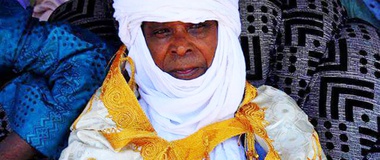

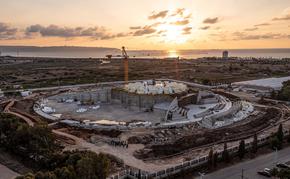

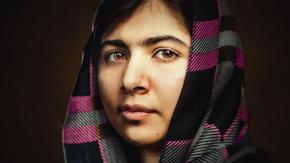


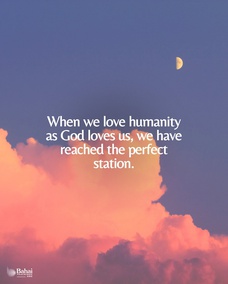


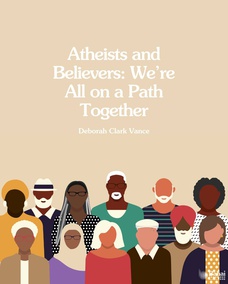

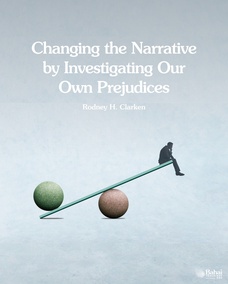

Comments
Sign in or create an account
Continue with Googleor